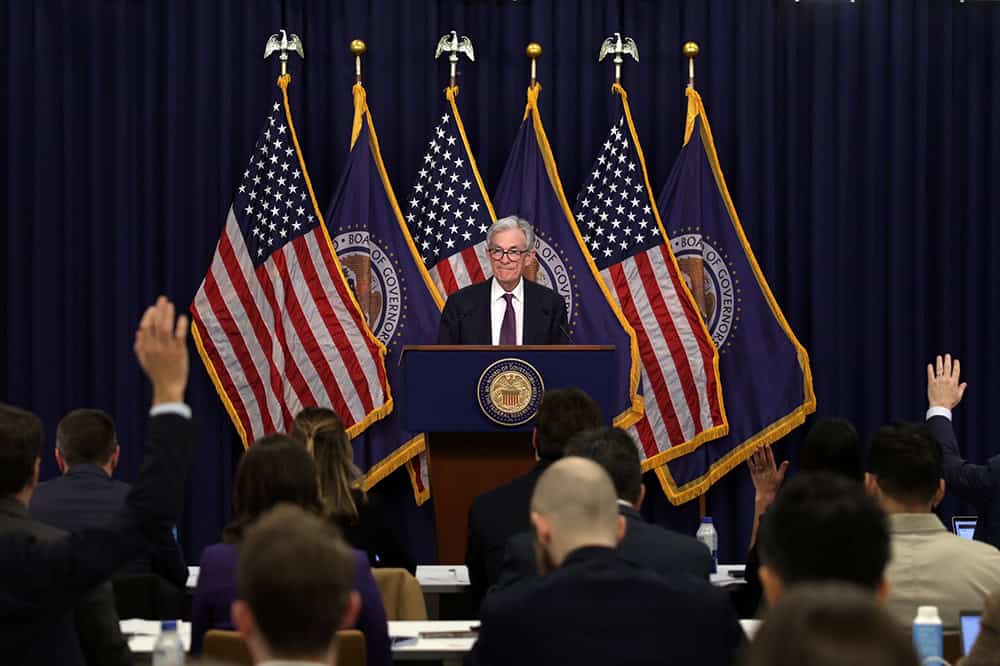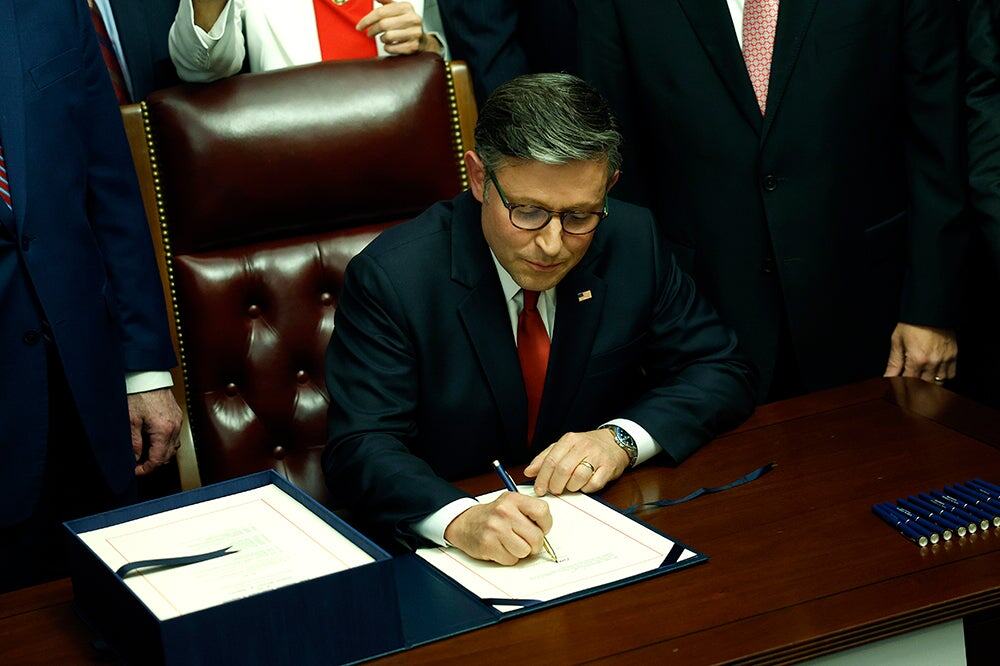Statement by Michael Peterson on the President’s FY2017 Budget
NEW YORK — Michael A. Peterson, President and CEO of the Peter G. Peterson Foundation, commented today following the release of President Obama’s budget for fiscal year 2017:
“Although President Obama’s budget keeps the debt from rising as a share of the economy over the next ten years, it does not sufficiently address the key drivers of our long-term, unsustainable debt.
“Deficits under the president’s budget will begin growing again, totaling $6.1 trillion over the next ten years. And over the long term, the president’s budget leaves in place a permanent mismatch between revenues and spending that will fuel a rising and unsustainable debt. Interest costs alone will total $5.8 trillion over the next 10 years, threatening to crowd out critical investments in our nation’s economic future.”
“Budgets are important documents that deserve close consideration on Capitol Hill and on the campaign trail. The 2016 election season is a perfect opportunity for a national conversation between Americans and their candidates about solutions to our nation’s fiscal and economic challenges. America’s leaders and those seeking office should put forward their plans to put our long-term debt on a sustainable path, which is critical to grow our economy.”
For the president’s budget for fiscal year 2017, click here.
Further Reading
Quiz: How Much Do You Know About Healthcare in the United States?
The United States has one of the largest and most complex healthcare systems in the world. Take our healthcare quiz to see how much you know about the cost and quality of the U.S. healthcare system.
The Fed Reduced the Short-Term Rate Again, but Interest Costs Remain High
High interest rates on U.S. Treasury securities increase the federal government’s borrowing costs.
How Did the One Big Beautiful Bill Act Change Tax Policy?
See how OBBBA restructured the tax landscape across four major areas: individual tax provisions, business tax provisions, energy tax credits, and health-related tax changes.


